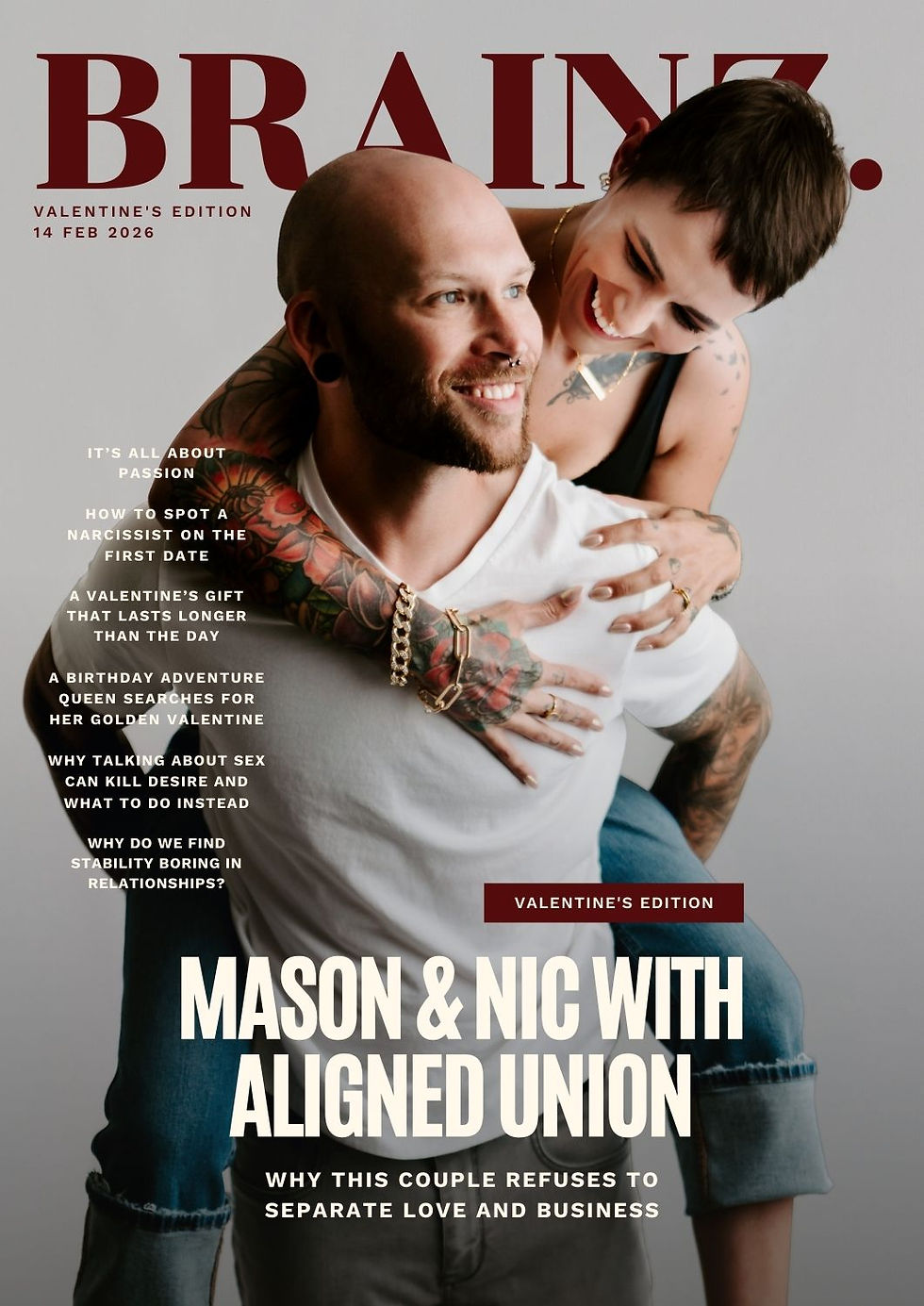Creative Writing Is Not Just Talent, It’s a Learnable Skill
- Jul 21, 2025
- 3 min read
Written by Sophie Reyer, Author
Sophie Anna Reyer is an Austrian author of multiple theater pieces and publications. She was born in Vienna, Austria. Reyer discovered her various profound talents in the arts at a young age as a child prodigy.

When I talk about creative writing, I like to distinguish between two areas: one is dealing with text, the other is dealing with textual criticism. Here, I would like to deliberately distinguish between these two areas.

Hollow phrases in creative writing
So, the first area covers the writing itself. Often, phrases are used that are meaningless and hollow. This includes sayings that add nothing individual or exciting to the situation. Examples are: "That fits like a glove," "there was no cure for that," or "now everything's fine again."
Evaluations
Furthermore, writers often lack a detailed perspective. States are "evaluated" rather than truly narrated. Take the simple sentence "I was afraid." The feeling can be examined through much more precise, almost dissecting perspectives, from the resulting bodily functions to the psychological details: "My breath caught. My palms became sweaty. All sorts of images quickly flashed into my head. I began to pant," etc. Through these observation techniques, I, as the author, give the reader some clues that lead them to the idea that the character might be afraid. And readers enjoy discovering.
Syntax & nested strings
Another mistake concerns syntax. The sentences are often too long, ramble, branch off senselessly, and lack a crisp rhythm. The motto here is: "kill all darlings."
Adjective Strings
Many of my students who are just beginning to write texts are also in love with strings of adjectives. This only makes sense in a particularly baroque language work, such as Sybille Lewitscharoff's. I wouldn't recommend such clusters to beginners who are still discovering themselves. In most cases, adjectives overwhelm each other ("wet, watery," "brightly shining," "quickly rushing," etc.). Logical, right?
No criticism is illegal
The second area concerns textual criticism and dealing with feedback. When I start working with a writing class, it must be made clear right from the start that a critique session should never simply be a matter of evaluation. Words like "good" or "bad" should be avoided. The idea is to analytically describe the images, feelings, and ideas a text evokes. With children, it's a good idea to present them with simple comparisons as a means of analysis. Phrases like "the text has the color," "the text smells like," etc., are stimulating. This, too, is always subjective, of course, but it's much more nuanced than the simple phrase "the text is good."
No explanations
In my classes, we always have 4 to 12 people. The following rule also applies: everyone criticizes everyone else. The student whose text is being discussed is allowed to listen to all comments during these feedback sessions, but should not personally judge what is said and should not defend or explain the text. After all, a person who holds a novel in their hands is also alone with it. Of course, different readers react differently to texts. It should be exciting for the writer to see whether and how their own and others' perceptions diverge.
No hierarchy
The third guiding principle is: all feedback in the group is equally important. As a teacher, I have no more value than the others. We are all potential buyers and readers. Therefore, I always present my comments on a text last. This gives the students the opportunity to independently discover as many aspects as possible that can be improved before I share my experience. The longer I work with students, the more comments I can remove from my comment list, because they gradually realize for themselves what works and what doesn't. This is self-help, and we all need it, because ultimately, we are and will always be alone with our writing. And that's what makes it so exciting.
Read more from Sophie Reyer
Sophie Reyer, Author
Sophie Anna Reyer is an Austrian author of multiple theater pieces and publications. She was born in Vienna, Austria. Reyer discovered her various profound talents in the arts at a young age as a child prodigy. She is a writer of theater pieces (S. Fischer) and novels (emons) and was shortlisted for the Austrian Book Award in 2019 and 2021.









